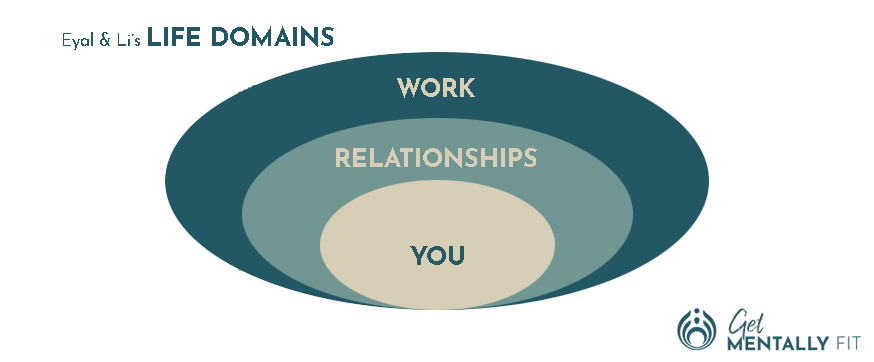Traction draws you towards what you want in life
Distraction, it turns out, is not about the distraction itself; rather, it’s about how we respond to it. Nir Eyal’s book, ‘Indistractable’ offers fantastic insights into the mechanisms of distraction and a systematic approach to creating behaviours that can help people avoid distractions and maintain traction.
We previously explored Eyal’s ideas around ways to cope with internal triggers. We highlighted the concept of reducing sources of discomfort and suggested that if we don’t control our impulse to escape uncomfortable feelings, we’ll always look for quick fixes to soothe our pain.
Here we are going to explore their ideas that will allow us to enjoy time for traction.
Challenging the To-Do list
There are serious flaws in the traditional To-Do list approach. The main problem is these lists get longer and longer and things keep getting pushed back day after day. Instead of thinking ‘what’ we are going to do we advocate starting with ‘why’ we’re going to do it.
Eyal & Li identify the act of unintentionally spending too much time in one area of our life as detrimental to the quality of other areas of our life.
A quick look at Timeboxing
The psychological term for Timeboxing as ‘setting an implementation intention’. In other words, deciding what you’re going to do, and when you’re going to do it.
Keeping a timeboxing schedule is the only way to know if you’re distracted. If you’re not spending your time doing what you’d planned, you’re off track. You can’t call something a distraction unless you know what it is distracting you from.
The three life domains
There are three life domains – You / Relationships / Work.
Russ Harris (The Hapiness Trap) suggests that values are, ‘how we want to be, what we want to stand for, and how we want to relate to the world around us’, which form guidelines for our actions.
NB: Skilfully living by your values will maximise your traction while eliminating distraction.

You – Controlling the inputs
You are the most critical person to helping you live the kind of life you want. Inputs such as exercise, sleep, eating healthily and time spent reading or listening to an audiobook are all ways to invest in ourselves.
Other inputs such as mindfulness, spiritual connection or reflection (prayer/meditation) are effective value driven activities.
Eyal & Li suggest three key points:
- Schedule time for yourself first
- Show up when you say you will
- Input is much more certain than outcome
Focus on relationships
The importance of relationships with family and friends is well documented. Essential relationships help us to live our values of connection, loyalty and responsibility. They highlight the need to schedule fun activities to combat neglecting the essential focus on relationships.
Eyal suggests that a lack of close friends may be hazardous to our health. As we grow older, they suggest that our ability to initiate and develop relationships is more difficult than when we were young.
He concludes: ‘The time we spend with our friends isn’t necessarily just pleasurable – it’s an investment in our future health and wellbeing.’
Synchronising your professional life
Work probably takes up more of our waking hours than any other domain. Therefore, the importance of aligning this time to our values, such as being collaborative, industrious, and persistent, is viewed as desirable.
Your workday can be a hectic mess, plagued by constant interruptions, pointless meetings, and a never-ending flow of e-mails. Instead, spend ‘value driven time’ when working. This will reinforce the central quality for a positive working life.
‘Studies have found that workers who spend more than fifty-five hours per week on the job have reduced productivity.’
- Syncing your schedule with colleagues at work is critical for making time for traction in your day.
- Undertake this syncing as frequently as your, and your colleagues, schedules change.

Gain traction skilfully
How would you rate your current daily traction rates, in the three areas of your life (you/relationships/work), out of 100?
You want to be more present in your home life and less effected by work commitments. By enhancing your life enjoyment, through enjoying greater traction, you will be at ease and be more willing to try exciting new experiences.
Whether working with individuals or teams of people, we support you to embed positive, effective habits. Our programs and services are customised to achieve every client’s identified outcomes. This often includes learning skills to minimise the disruptive effects of distraction.
Contact us to pro-actively explore how you can take the first step to being ‘Indistractable’.
Additional resources
Behaviour Addictive’, TEDx talk at TEDxMillRiver (2010)
Timothy D. Wilson et al., ‘Just Think: The Challenges of the Disengaged Mind’, Science 345, no. 6192 (2014), 75-77.
Lea Winerman, Suppressing the “White Bears”, Monitor on Psychology 42, no. 9 (October 2011),


